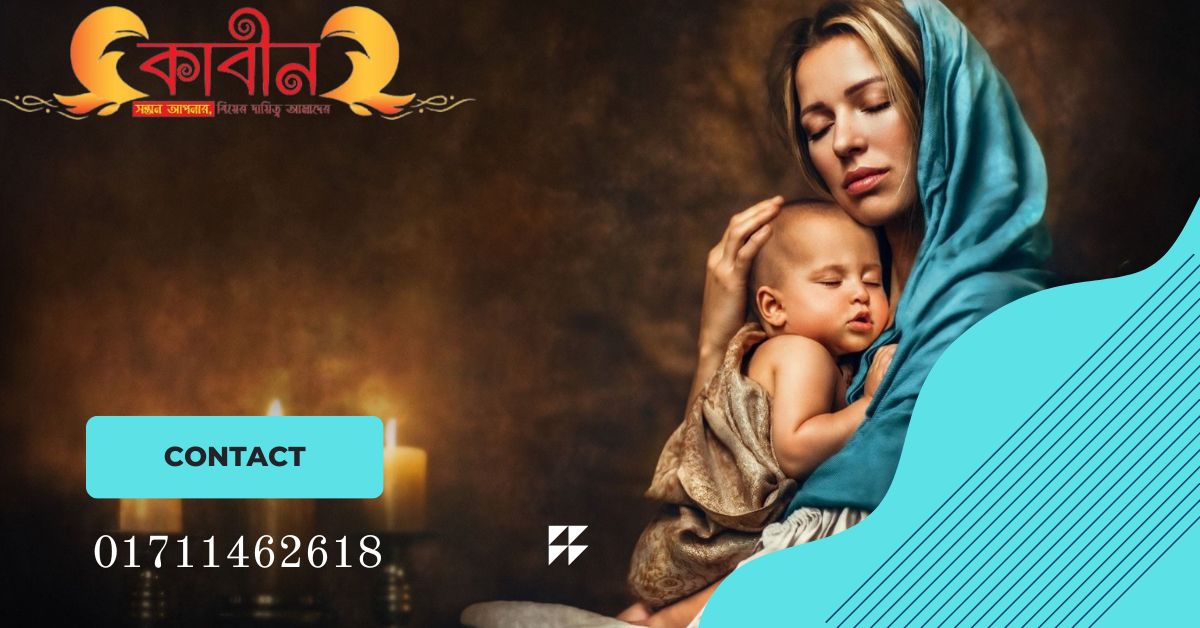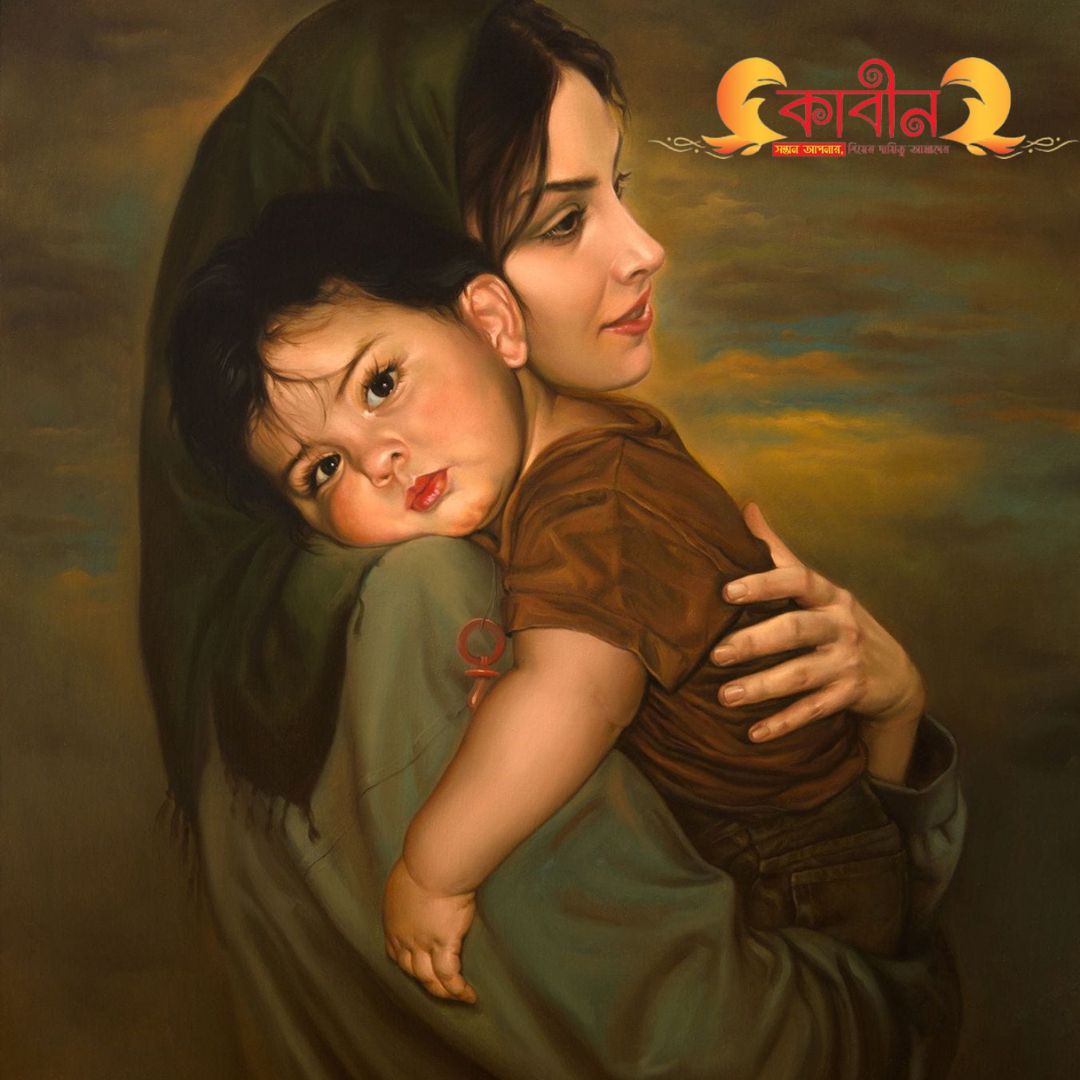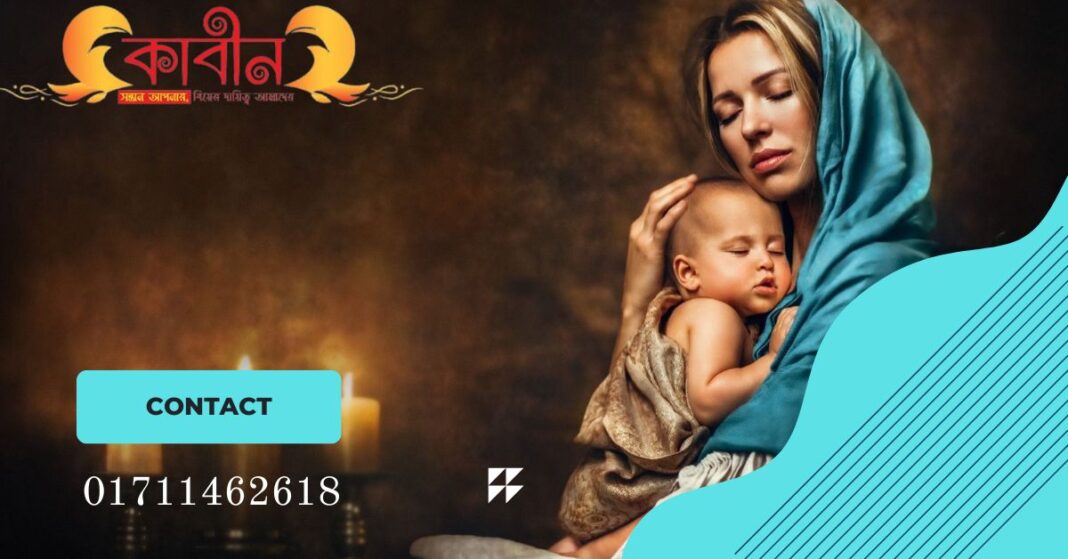About Bangladeshi Divorce Single Mother

Navigating Crossroads: The Lives of Bangladeshi Divorcee Single Mothers
The image of the Bangladeshi family is often painted with broad strokes – a patriarchal society where women find solace within the confines of marriage and motherhood. However, this narrative crumbles when considering the experiences of divorcee single mothers, a growing demographic navigating complex social, economic, and emotional landscapes. Their stories, woven with resilience, struggle, and quiet triumphs, deserve to be heard and understood.
Shifting Tides: The Rise of Divorcee Single Mothers
Traditionally, divorce rates in Bangladesh were low, primarily due to societal stigma and religious constraints. However, recent decades have witnessed a significant rise, fueled by factors like urbanization, increased female education, and changing perceptions of gender roles. While data remains limited, estimates suggest that roughly 35% of single mothers in Bangladesh are divorcees, facing unique challenges compared to their widowed or unmarried counterparts.
Facing Societal Stigma: A Constant Battle
Divorce carries a heavy weight in Bangladeshi society, particularly for women. Divorcee single mothers are often ostracized, labeled as failures, and even blamed for the breakdown of their marriage. This stigma permeates various aspects of their lives, impacting their social standing, relationships with family and friends, and even employment opportunities. They may be excluded from social gatherings, face suspicion and judgment, and struggle to find childcare support due to societal disapproval.
A Constant Battle for Bangladeshi Divorcee Single Mothers
Divorcee single mothers in Bangladesh navigate a world laden with societal stigma, a constant battle that shapes their lives in profound ways. This stigma, deeply rooted in patriarchal norms and cultural expectations, is a heavy burden they carry, impacting their social standing, relationships, and self-worth.
Whispers and Labels:
The whispers begin almost instantly. “Charaal,” they hiss, a Bengali word for “loose woman,” instantly casting a shadow of suspicion and disapproval. Blame is often placed squarely on the woman, regardless of the circumstances surrounding the divorce. Even if she was the victim of domestic abuse or neglect, societal judgment paints her as responsible for the breakdown of the marriage. This constant labeling erodes their self-esteem and makes them question their own worth.
Exclusion and Isolation:
The social fabric of life in Bangladesh is tightly woven, centered around family and community. Divorcee single mothers often find themselves excluded from these circles. Invitations to weddings and social gatherings dry up, replaced by whispers and avoidance. This isolation can be particularly painful, especially for women who cherished their social connections. The loneliness and lack of support can be overwhelming, leading to feelings of depression and anxiety.
Lost Opportunities:
The stigma spills over into the professional sphere, limiting their access to job opportunities. Potential employers may harbor negative stereotypes, viewing them as unreliable or unfit for certain roles. This discrimination makes it difficult for them to secure stable employment, further jeopardizing their financial security and hindering their ability to provide for their children.
The Impact on Children:
Sadly, the children of divorcee single mothers often bear the brunt of societal stigma. They may be ostracized by their peers, teased and called names, perpetuating the cycle of discrimination. This can have a detrimental impact on their emotional well-being and academic performance. Witnessing their mother’s struggles can also create a sense of insecurity and fear, adding to their emotional burden.
Fighting Back: Resilience and Resistance:
Despite the immense challenges, divorcee single mothers in Bangladesh exhibit remarkable resilience. They draw strength from their love for their children, their determination to build a better future, and their unwavering spirit. Many find solace and support in networks of other single mothers, creating communities of shared experiences and understanding. They engage in advocacy efforts, raising awareness about the issues they face and challenging discriminatory practices.
Beyond Stigma: A Call for Change:
Breaking the cycle of stigma requires a multi-pronged approach. Educational campaigns can challenge harmful stereotypes and promote empathy towards divorcee single mothers. Religious leaders can play a crucial role in advocating for gender equality and challenging discriminatory interpretations of religious texts. Additionally, legal reforms that ensure equal rights and access to resources for single mothers are essential.
Ultimately, creating a more inclusive and supportive society for divorcee single mothers requires a collective effort. By recognizing their struggles, dismantling harmful stereotypes, and providing them with the tools and resources they need to thrive, we can create a future where they are seen not as victims, but as resilient individuals making valuable contributions to their communities and families.
This is just a starting point. You can further explore specific examples of how societal stigma manifests in different aspects of their lives, how they cope with it, and what efforts are being made to address it. You can also include personal stories of resilience and resistance to showcase their strength and determination.
Economic Pressures: A Constant Struggle
Financial independence is crucial for single mothers, but achieving it in Bangladesh presents numerous hurdles. Limited educational opportunities and societal biases restrict their access to skilled jobs, often forcing them into low-paying, informal work sectors like garment factories or domestic help. Balancing work with childcare poses another challenge, leaving them vulnerable to exploitation and exhaustion. Child support, even when legally mandated, is rarely enforced, adding to their financial burden.
The Emotional Toll: Balancing Strength and Vulnerability

The emotional journey of a divorcee single mother is fraught with pain, uncertainty, and loneliness. Coping with the trauma of divorce, societal judgment, and the constant pressure to provide for their children takes a toll on their mental well-being. Yet, amidst the struggle, their resilience shines through. They develop inner strength, resourcefulness, and a fierce determination to protect their children and build a better future.
Seeking Support: Building Networks of Solidarity
Despite the challenges, Bangladeshi divorcee single mothers are not alone. A growing network of NGOs and community organizations offer crucial support, providing legal aid, vocational training, childcare assistance, and emotional counseling. Online forums and social media groups have also emerged, creating safe spaces for them to connect, share experiences, and find solace in solidarity.
Empowering Change: A Collective Responsibility
Addressing the challenges faced by Bangladeshi divorcee single mothers requires a multi-pronged approach. Firstly, societal attitudes need to shift. Educational campaigns and open dialogue can combat stigma and promote understanding. Secondly, economic empowerment is crucial. Access to better education, skill development programs, and fair labor practices can enable them to secure sustainable livelihoods. Finally, strengthening legal frameworks and ensuring their enforcement is essential to protect their rights and ensure access to child support.
Beyond Statistics: Recognizing Their Contributions
Divorcee single mothers are not simply statistics; they are individuals navigating complex realities with courage and determination. Their stories deserve to be heard, their struggles acknowledged, and their contributions to society valued. By recognizing their strength and fostering an environment of support and empowerment, we can help them thrive and pave the way for a more equitable and just future for all.
- Personal stories of divorcee single mothers: Include real-life experiences to illustrate the challenges and triumphs they face.
- Impact on children: Explore the psychological and social effects of growing up with a single mother in a conservative society.
- Role of legal system: Discuss existing laws and their effectiveness in protecting the rights of single mothers.
- Success stories and best practices: Showcase examples of organizations and initiatives that are empowering these women.
- Future outlook: Analyze potential trends and suggest ways to improve their lives and well-being.
আপনি যদি বিয়ের ব্যাপারে সিরিয়াস হয়ে থাকেন তবে
লিংকে ক্লিক করে ফ্রী রেজিষ্ট্রেশন করুন
অথবা বিস্তারিত জানতেঃ
Gmail:kabinbd4@gmail.com
01711462618 এ কল করুন ২৪/৭ সার্ভিস

























